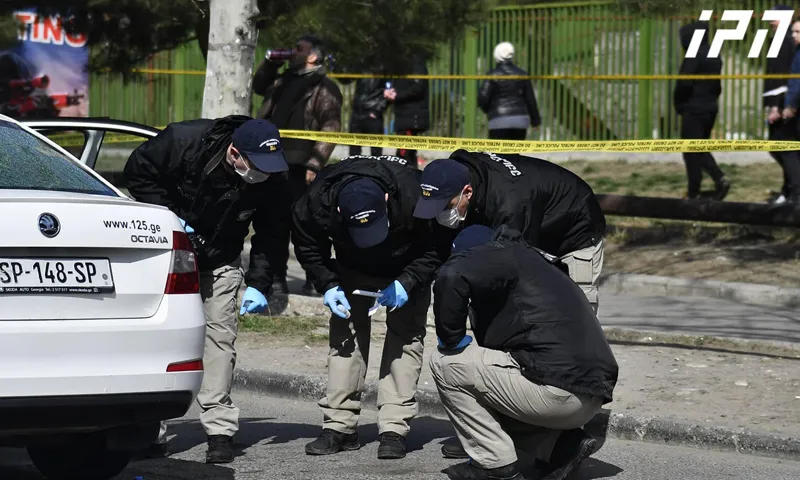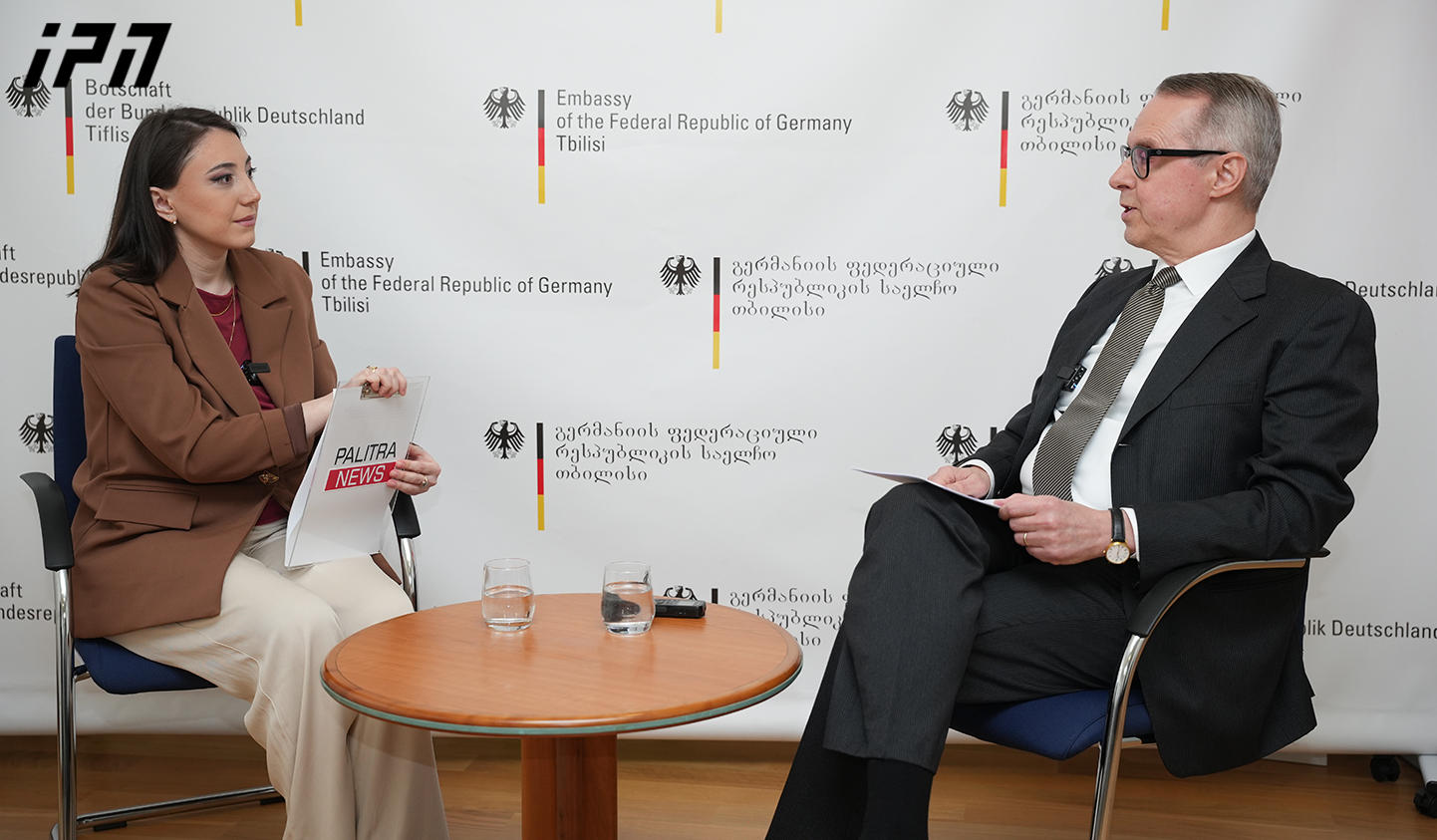According to the amendments, the identity of a person participating in an operational-search activity or a covert investigative action who is cooperating with the investigation will be kept confidential

The identity of a person involved in an operational-search activity or covert investigative action who is cooperating with the investigation will be kept confidential. The prosecution will ensure that such a person’s identity is concealed in all investigative documents, materials, and other procedural actions in a way that limits the possibility of identification or recognition.
The principle of protecting the safety and confidentiality of individuals involved in operational-search or covert investigative actions is introduced by the planned amendments to the Criminal Procedure Code. The draft law was prepared by Georgian Dream MPs and is being reviewed by Parliament under an accelerated procedure.
According to the bill submitted to Parliament, with the consent of the Prosecutor General or their deputy, a prosecutor will be authorized to conceal the identity of a person participating in an operational-search or covert investigative action if disclosing it would endanger the cooperating individual’s safety or substantially compromise the interests of justice.
The prosecution must ensure that the person’s identity is concealed in all documents, materials, and other procedural actions related to the investigation, so that their identification and recognition are restricted. The draft also stipulates that such individuals will be questioned remotely in a manner that prevents the defense from identifying or recognizing them.
If a decision is made to conceal the identity of a cooperating individual involved in an operational-search or covert action, all related evidence provided to the defense must be formatted in a way that protects against identification and limits the possibility of recognition.
Despite the prosecutor’s decision to restrict identification, the person’s identity will remain accessible to the judge at every stage of the proceedings.
The restriction on identifying someone involved in an operational or covert investigative action may be applied indefinitely.
According to the authors of the bill, the draft was prompted by the need to refine regulations that ensure the protection and confidentiality of individuals cooperating with investigative bodies.
The initiators also argue that it is advisable to introduce legal provisions that, on the one hand, prevent the disclosure of the identities of those involved in covert investigations to protect their lives, health, and the safety of related individuals, and on the other hand, enhance the confidentiality of cooperation and minimize the risk of exposing collaborators.
“The law already sets a much higher standard for covert investigative actions compared to other investigative procedures and limits when such actions can be used. A covert investigative action is only conducted when it is necessary in a democratic society to achieve a legitimate aim — such as ensuring national security or public safety, preventing disorder or crime, protecting the country’s economic well-being, or safeguarding the rights and freedoms of others. Furthermore, the action must meet the criteria of necessity and proportionality — it is only carried out if there is an urgent public need, and it must be an appropriate and proportionate means of achieving the legitimate aim.
Accordingly, such actions are subject to strict scrutiny, are considered state secrets, and their organization is based on the principle of confidentiality. A person involved in a covert investigation is obliged to keep any information obtained through cooperation secret, while the state is responsible for ensuring their safety and the confidentiality of the collaboration. For the agencies conducting operational and covert investigations, it is essential to limit the public dissemination of information about cooperating individuals — which, on the one hand, enhances the protection of their safety, and on the other hand, reinforces the confidential nature of the cooperation.
Covert investigative actions are mostly conducted to detect serious and especially serious crimes. Only a few less severe offenses fall under such protective measures, while the evidence obtained is most frequently crucial in the fight against organized crime and corruption. Consequently, the risk of retaliatory actions by offenders is higher, making the safety of the involved person and their family members significantly more vulnerable,” reads the explanatory note attached to the draft law.
